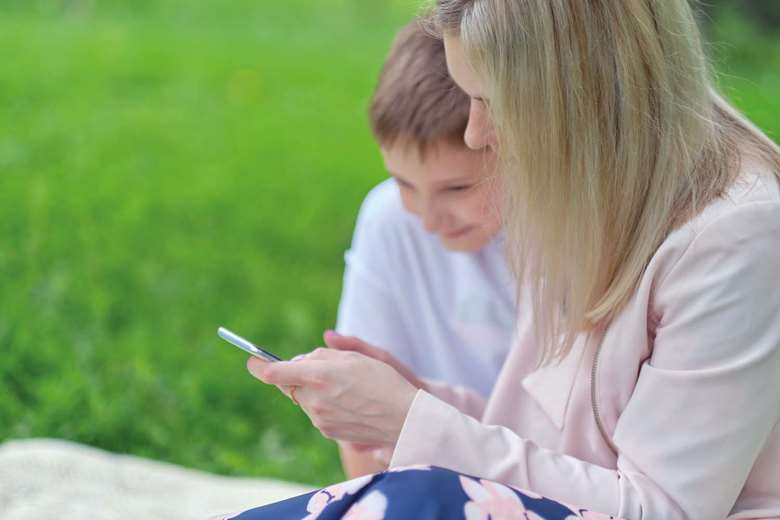Step-down service improves placement stability
Derren Hayes
Tuesday, May 30, 2023
In-depth assessments identify ways to support young people from residential homes into foster care delivering placement stability and reducing council costs.

ACTION
One north London borough has worked with commissioning consultant Matt Utley to undertake an audit of the hundreds of children that were in their care to identify those who would be good candidates to “step down” from their current care package to a more appropriate one.
“The project was established to reduce the number of children in residential settings and support greater levels of reunification and opportunities for children who cannot return home to live within a family setting,” Utley says.
Using a strength-based approach, the service works to address the child's individual needs in a way that is “solution focused, trauma-informed and child-involved”, he adds.
The service uses a psychological assessment tool called Berri to ascertain if a child is emotionally ready to transition into a foster placement or family. Children referred for assessment have been identified by managers as being good candidates to be stepped down from residential care.
Following the Berri assessment, a profile is developed with each child that captures their views, wishes, feelings and desires, to support them to have some choice within their care pathway.
“The delivery will be structured in a way that deliberately encourages each child's personal responsibility, ownership and accountability and will gradually discourage unhelpful dependency on professionals,” explains Utley.
The Berri assessment, which is specifically designed for use with complex needs children, is undertaken by a social worker and residential provider, with the support of a specialist team which analyses the findings to understand what has worked well within the current placement. Smart targets are put in place with the aim to reduce the Berri score where needed and work towards the young person being able to step down from residential care.
Once that is achieved, the specialist unit work with the placements team to support the search for a new placement – including meeting with independent fostering agencies and the potential foster carer, which is inclusive of a multi-agency team-around-the-child approach, to try to identify a strong match.
“This has resulted in more agencies being open to matching our young people with their carers as they can see the careful planning, additional support, and services we provide to ensure stability and prevent placement breakdown,” says Utley. “Additionally, we have built positive working relationships with many fostering agencies.”
Two officers are allocated to the young person to avoid cases “drifting”, explains Utley, while weekly meetings keep track of progress.
Once a match is found, the specialist team develops a transition plan – which includes emotional support and updates to birth families and foster carers – and ensures all support services are in place before the move.
In the north London borough, 19 young people who were in residential care have been stepped down to foster care or reunification with family in the past two years using this approach.
IMPACT
Of the 19 young people found new homes through the specialist team there have been no placement breakdowns.
The average weekly cost of a fostering placement made through the service is 32 per cent less compared to the cost of many, alternative, fostering framework contracts used by councils. However, Utley says that costs have significant opportunity to further reduce – as children's needs are met, levels of support can be reduced.
Utley says the approach has also improved relationships across care agencies and organisations.
“We have seen a dramatic increase in provider involvement, engagement and support within an authority in the South West of England where we have begun a similar project,” he explains.
“Success has been multi-faceted – it shows how strong partnerships with external services can be created around a shared vision focused on understanding strengths to produce goals which are achievable and dynamic to support children's individual resilience.”
One young person who moved to foster care said the change had helped him improve his mental wellbeing and be more positive about the future.
“I’m now undertaking an apprenticeship, have an income, live with my sister, can see my family and enjoy going out for meals on special occasions,” he says. “I feel like I’m now able to focus on myself and my wellbeing, I’m in a good sleeping routine, learning, studying, focusing on getting good grades to get a job.”




